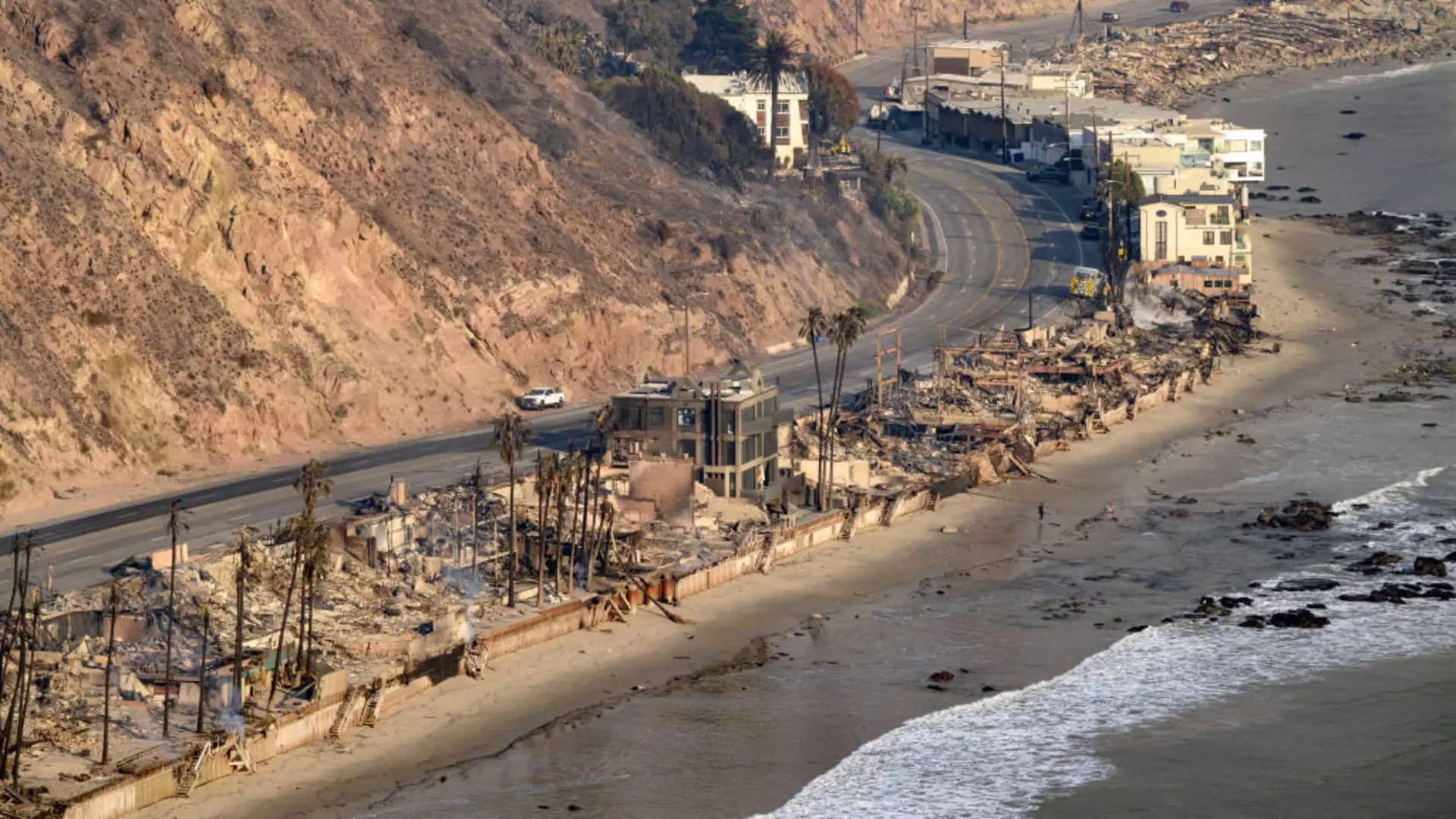Impact of Wildfires on Airline Travel in Los Angeles: A Comprehensive Overview

The ongoing wildfires in California have thrust the state, particularly Los Angeles, into a state of emergency. The extensive damage caused by these wildfires—not only to property but also to the local infrastructure—has directly influenced air travel in and out of the area. Major airlines have implemented travel waivers to accommodate affected travelers, reflecting a dynamic response to evolving crises. This article delves into how airlines are addressing these challenges, the implications for travelers, and the broader impact on the airline industry.
The situation has led airlines such as American Airlines, United Airlines, and Southwest Airlines to extend waivers for flight alterations without incurring fees. This decision is a vital response to the destruction impacting over 10,000 homes and infrastructure, compounded by power outages and water shortages. Widespread alerts have issued precautionary measures for residents, impacting even the most rudimentary services like water supply, which has led to boiled water advisories in severely affected neighborhoods like Pacific Palisades.
With several airports, including Los Angeles International Airport (LAX) and Hollywood Burbank Airport, still operational as verified by flight-tracking services like FlightAware, travelers are provided with some reassurance. However, the ongoing fires pose uncertainty, keeping local residents and potential visitors on edge regarding the continuity of flights and overall safety.
In response to the challenging circumstances, many airlines have adopted a customer-centric approach. American Airlines has stipulated that any traveler booked to or from Los Angeles-area airports can change their itinerary without incurring additional costs. This flexibility extends to dates as far out as January 20, thus enabling customers to adapt their travel plans effectively.
Similarly, Southwest Airlines has communicated potential disruptions in service and has facilitated rebooking for travelers within a 14-day window from their original flight dates. Their policy also allows customers to change their destinations to other cities in California, indicating an effort to maintain service while navigating through adverse conditions.
This display of adaptability is not merely an operational reaction; it serves to foster customer loyalty during tumultuous times. Allowing customers to modify plans without penalty demonstrates a commitment to passenger well-being, which is crucial in fostering reliance on these carriers in the future.
While the short-term repercussions of the wildfires have necessitated these waivers and flexible policies, the economic impact on airlines, especially regarding flight sales, reveals a more complex scenario. Delta Air Lines, which relies significantly on its Los Angeles hub for both business and leisure travel, reported a decline in ticket sales—an indicator that potential travelers are reconsidering their trip to the area during this crisis. Despite not observing a surge in cancellations, the drop in sales suggests that consumer confidence has been shaken.
However, Delta’s leadership, particularly President Glen Hauenstein, hinted at a potentially optimistic outlook. In the aftermath of natural disasters, airlines often witness a rebound in travel demand spurred by recovery and rebuilding efforts. Thus, while this period presents immediate challenges, it may pave the way for future business opportunities once the immediate crisis subsides.
The wildfires in Los Angeles encapsulate significant challenges within the travel industry, affecting not just local residents but also those who rely on air travel to and from the area. Airlines’ proactive stance in implementing travel waivers demonstrates an acute awareness of travelers’ needs amid crises, reinforcing customer relations during difficult periods. While immediate sales may have witnessed a decline, the prospect of recovery can inspire future confidence in the airline sector. As Los Angeles grapples with these devastating wildfires, the collective actions of the airlines signify the industry’s resilience in the face of adversity, promising a gradual return to normalcy and a hopeful future ahead.





